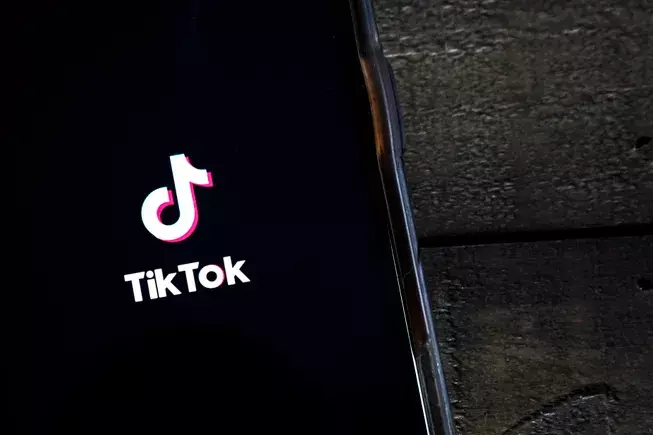For years, TikTok has been on the forefront of a geopolitical tug-of-war, encapsulating the broader strategic contest between the United States and China. Despite the platform’s explosive popularity among American consumers, it finds itself embroiled in a labyrinth of regulatory and political pressures that threaten its very existence in the U.S. The U.S. government, under the Trump administration, has positioned TikTok not merely as a social media app but as a potential pawn in a larger game of technological dominance and national security. The legal and political limbo in which TikTok now resides exemplifies the fraught relationship underpinning U.S.-China relations, revealing how technological vulnerabilities are weaponized in geopolitical conflicts.
The U.S., citing concerns over data security and foreign influence, has repeatedly sought to impose restrictions on TikTok. The legal mechanism used—mandating a sale or severance of Chinese ties—aims to exert control over a platform that has rapidly become part of everyday life for millions. The operative question remains: Will these measures succeed in curbing perceived threats or merely serve as symbolic gestures amidst a complex diplomatic chessboard? Even though President Trump proclaimed that a deal was imminent, the reality appeared far more uncertain. The administration’s reliance on executive powers and the inconsistent extension of deadlines highlight the unpredictable nature of the political calculus involved.
The Collapse of the U.S. Deal and Its Broader Implications
One of the most telling developments in this saga was the withdrawal of Blackstone, a prominent private equity firm, from the consortium attempting to acquire TikTok’s U.S. operations. Once positioned as a key player, Blackstone’s exit symbolizes the fragility of the deal and underscores the immense difficulties in rallying consensus among corporate giants. This consortium aimed to shape a deal where American investors would hold an overwhelming majority—80%—while ByteDance retained a minority stake. The inclusion of heavyweights like Oracle, KKR, Andreessen Horowitz, and Susquehanna International Group was meant to reassure policymakers that data and national security concerns could be mitigated. But with Blackstone’s departure, the entire foundation appears shaky, casting doubts on whether such a structured transfer can ever be actualized before the looming deadline.
The political landscape complicates matters further. The Trump administration’s stance on China has become increasingly hawkish, compounded by recent tariffs and trade tensions. These economic tools spill over, influencing negotiations over TikTok’s future. What’s particularly striking is how a social media app—initially dismissed as a platform for light-hearted content—has emerged as a geopolitical liability and leverage point. The U.S. government’s willingness to potentially ban TikTok entirely reveals a shift from viewing it purely as a cultural phenomenon to treating it as a strategic asset or threat.
The Future of TikTok in America: A Precious Commodity or a Political Trophy?
As the deadline approaches with only months remaining, the future of TikTok in the United States hangs in a delicate balance. The likelihood that the government will extend the sell-off deadline again seems high, given the political and economic pressures at play. Yet, these extensions serve as temporary Band-Aids rather than solutions—allowing TikTok to continue operations, but failing to resolve the underlying tensions that make its presence in the U.S. so contentious.
For TikTok creators, entrepreneurs, and users, this uncertainty spells instability. The app’s prominence has soared precisely because of its ability to capture the zeitgeist, but the persistent threats of bans and restrictions threaten to undermine this momentum. It raises critical questions about how geopolitical conflicts influence global digital ecosystems and whether companies can navigate such arbitrary political landscapes without sacrificing their user base and operational stability.
The broader takeaway is that TikTok’s fate is less about the platform itself and more about what it represents: a battleground for technological supremacy, national security, and international influence. While the U.S. appears committed to exerting control, the reality remains that global digital infrastructure is intertwined with diplomatic power. In this high-stakes chess game, TikTok’s future will likely continue to be shaped more by political will than by market forces. Whether it survives in its current form or not, the incident underscores the profound truth: in the digital age, technology is increasingly a tool of national strategy rather than just entertainment.

